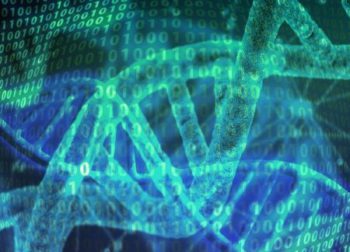The NIAAA announces the release of genetic data collected from individuals who participated in NIAAA’s National Epidemiologic Survey on Alcohol and Related Conditions-III (NESARC-III), the largest study ever conducted on alcohol use and alcohol use disorder (AUD), and its co-occurrence with drug use, substance use disorders (SUD), and related psychiatric conditions.
The NESARC-III is a large nationally representative epidemiologic survey of substance use and mental health in adults in the United States. More than 36,000 people aged 18 and older were interviewed in 2012-2013. Among them, roughly 23,000 also provided samples of their DNA. These DNA samples were analyzed using an exome array, which examines the portions of the DNA that contain information for creating proteins. Variations in instructions for creating proteins play critical roles in the health and well-being of an individual.
The NESARC-III data are now accessible through the National Library of Medicine’s online database of Genotypes and Phenotypes, known as dbGaP, which archives and distributes data from studies that explore the relationships between genetic variations (genotypes) and observable traits (phenotypes). The NESARC-III genetic data are also accessible through the Psychiatric Genomic Consortium (PGC) system.
The combination of genotypic data and phenotypic data about substance use and mental health makes NESARC-III unique, as does the survey’s use of diagnostic criteria from the fifth edition of the Diagnostic and Statistical Manual of Mental Disorders (DSM-5). In total, the dataset contains more than 4,300 phenotypic variables. Exploration of the new genetic dataset with its rich phenotypic and family background variables could yield important insight into the relationships between genes and observable behaviors, including AUD and SUD, depression, post-traumatic stress disorder and other conditions, all diagnosed using criteria from the DSM-5. The NESARC-III genetic dataset will be a critical resource for helping scientists to better understand these disorders and develop new diagnostic methods and treatments.
Researchers around the world can now access the NESARC-III dataset in dbGaP at: https://www.ncbi.nlm.nih.gov/projects/gap/cgi-bin/study.cgi?study_id=ph…
